9 Strange Side Effects Of Pumpkin Seeds
These simple seeds may not be as safe and good for you as you might think!
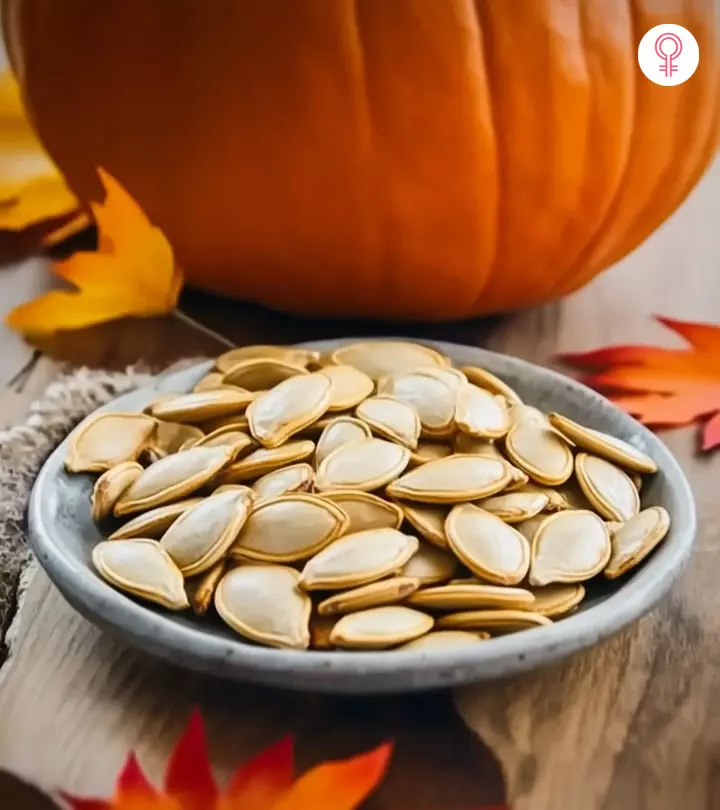
Image: Midjourney/ StyleCraze Design Team
Pumpkin seeds, packed with powerful nutrients, are beneficial for your health. With their wide assortment of minerals and vitamins, these are the richest of the seeds that are known to treat prostate issues, arthritis, parasitic attacks. These seeds also provide natural remedies for depression. Though pumpkin seeds are safe in food amounts, taking them in medicinal amounts may be unsafe. So, here we are going to discuss a few side effects of pumpkin seeds.
 Know The Flip Side: Pumpkin Seeds
Know The Flip Side: Pumpkin SeedsShort-Term Effects
Stomach pain, abdominal cramps, indigestion, allergic reactions like contact dermatitis, skin issues like eczema, shortness of breath, and low blood pressure.
Long-Term Effects
May aggravate renal and cardiovascular disorders, increase weight, and may not be safe for infants and pregnant women.
Drug Interactions
Excessive pumpkin seeds intake may interact with lithium and diuretic, blood-thinning, and antihypertensive medications.
When To See A Doctor
If you experience allergic asthma, obstructed breathing, swelling in and around the face, very low blood sugar levels (especially if you have diabetes), or low blood pressure (especially if you have hypotension).
In This Article
Top 9 Side Effects Of Pumpkin Seeds
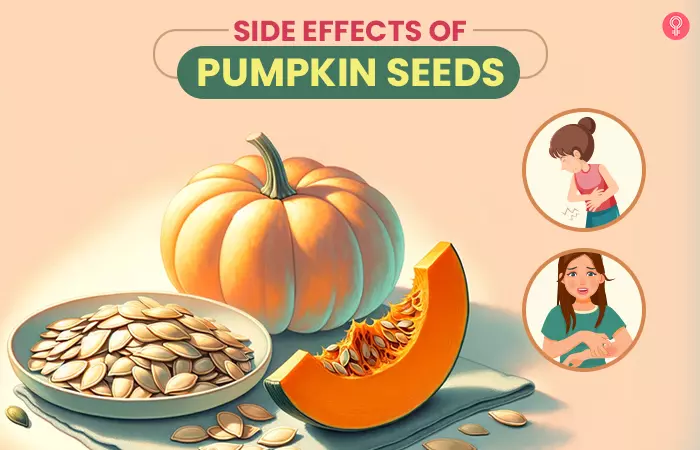
There are potential side effects associated with them. Read on to get a brief of the pumpkin seeds side effects with us right here:
1. Stomach Ache
Pumpkin seeds cause stomach ache when consumed in huge quantities
. It is a rich source of fatty oils, which on ingestion beyond acceptable levels, could cause stomach upset followed by cramps and pain. Just try consuming 1-2 teaspoons at a time or eat it along with other foods to nullify this side effect. You can also roast these seeds before consuming.
 Did You Know?
Did You Know?2. Absence Of Nutrients
You might be at the risk of losing various nutrients if you do not consume these seeds in a proper way. Overcooking or lack of chewing will actually deprive you of the benefits. Crisp cooked pumpkin seeds are devoid of water-soluble nutrients such as Vitamin B6, niacin, riboflavin, thiamin, Vitamin B12, and Vitamin C. If you are cooking these seeds, then keep the heat to the lowest possible level. Also, chewing them properly instead of swallowing them down will make them more digestive and help in better absorption of the nutrients present.
3. Not Good For People On Diuretic Drugs
Edemai Swelling that arises due to excessive fluid retention in the body tissues. It commonly affects the feet, legs, and ankles. or bloating is commonly seen in people with renal disorders or certain cardiovascular issues. Studies suggest that these seeds possess innate mild diuretici Agents that increase urine production and help to eliminate excess water and salt from the body, thus regulating blood pressure. powers, which in turn could interact with diuretic drugs, paving way for an increased visit to the washroom. These seeds may also cause digestive issues like constipation. This might actually affect the mineral balance in your body. So, beware if you are on diuretic drugs!
4. Not Safe For Infants

Pumpkin seeds contain protein and iron in admirable quantities, making it a tempting snack for the infants. However, being packed with fiber and fatty acids, these are not recommended for infants as it could trigger stomach cramps, pain, vomiting, and even diarrhea.
5. Not Safe For Pregnant And Breastfeeding Women

Pumpkin seeds are a natural source of alpha linolenic acid and DHA that aid in the breastfeeding process in lactating mothers. However, it is good to stay on the safe side by ingesting them in limited quantities. Also, pumpkin seeds are highly beneficial for pregnant women as they contain all the nutrients essential for prenatal development. However, there is some conflicting research too, and they have been known to cause side effects. Hence, it is safe to consume pumpkin seeds in moderation and after consulting with your nutritionist or physician.
6. Allergy To Pumpkin Seeds
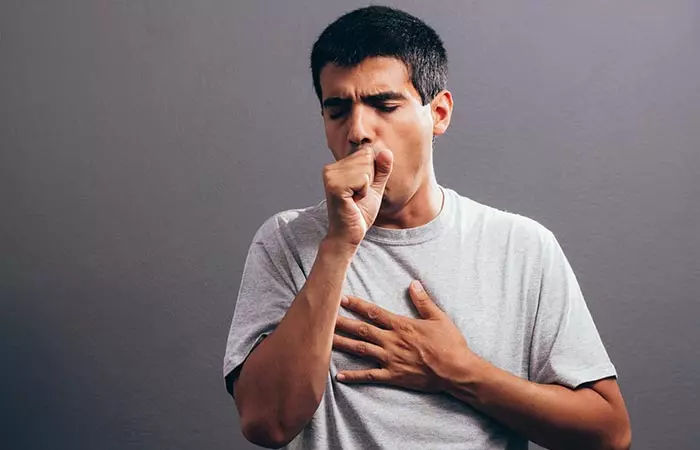
While these are not highly allergenic when compared to other seed varieties, there are certain allergic or hypersensitivity reactions that could be triggered by using pumpkin seeds (1). Here is what you can expect if you fall prey to pumpkin seed allergy:
- Eczema, characterized by scaly, inflamed, and skin rash.
- Itching and hives.
- Rhinoconjunctivitisi Severe allergic condition usually affecting children. It is manifested as respiratory issues, lacrimation, redness of the eyes, and itching. with characteristic nasal congestion and sneezing.
- Allergic asthma.
- Difficulty breathing.
- Headache.
- Swelling and redness in and around the mouth.
- Throat irritation.
- Shortness of breath.
- Coughing
Fix an appointment with your physician quickly for verifying and take appropriate medications.
 Trivia
Trivia7. Not Safe For People With Hypoglycemia
Studies conducted on the goodness of pumpkin seeds suggest that these are ideal snack options for diabetics as they possess blood sugar regulating potential. It actually lowers glucose level in blood, thus preventing the unwanted escalation. If you are on anti-diabetic medications or if you are hypoglycemici A condition where the sugar level in the blood is lower than the standard minimal range of 70mg/dL. , then it would be advisable to include pumpkin seeds in your diet after consulting with your doctor.
8. Could Cause Unwanted Weight Gain

100 grams of pumpkin seeds give you a whopping 559 calories, with a 49.05 g of fat [164% of the recommended daily allowance of fat]. So make sure that you eat this snack in moderation unless you want to gain weight. Obesity is the underlying reason for many health conditions, including hypertension and diabetes. So, check with your doctor, especially if you are on a weight loss track before including these seeds in your diet. Also, only 1 to 2 teaspoons of the seeds are recommended in a day if you are on a specific diet.
9. Not Safe For People With Low Blood Pressure
Pumpkin seeds are rich antioxidants by nature. This enables them to lower the blood pressure level. Hence, if you are suffering from hypotension or you are in a hypertensive on anti-hypertensivei Group of agents or medication that lowers blood pressure levels and may help to prevent cardiac or kidney failures. medications, then it is advisable to use the seeds after discussing the associated complications and risks with your doctor.
Key Takeaways
- Pumpkin seeds are healthy but their overconsumption may lead to side effects.
- Excess consumption of the seeds can cause stomach aches and cramps.
- The seeds have mild diuretic powers and could interfere with diuretic drugs.
- Pumpkin seeds may trigger certain allergic reactions, like eczema, itching, asthma, and swelling.
- The seeds lower blood pressure levels which may help people with hypotension and on blood pressure medications.
Infographic: Who Should Avoid Overeating Pumpkin Seeds
Salted and roasted pumpkin seeds are a popular snack option, especially in China and Mexico. There is, however, a certain segment of society that may benefit from avoiding their excess consumption. Discover in the infographic below which groups of people should consult their health care provider before consuming pumpkin seeds. Illustration: StyleCraze Design Team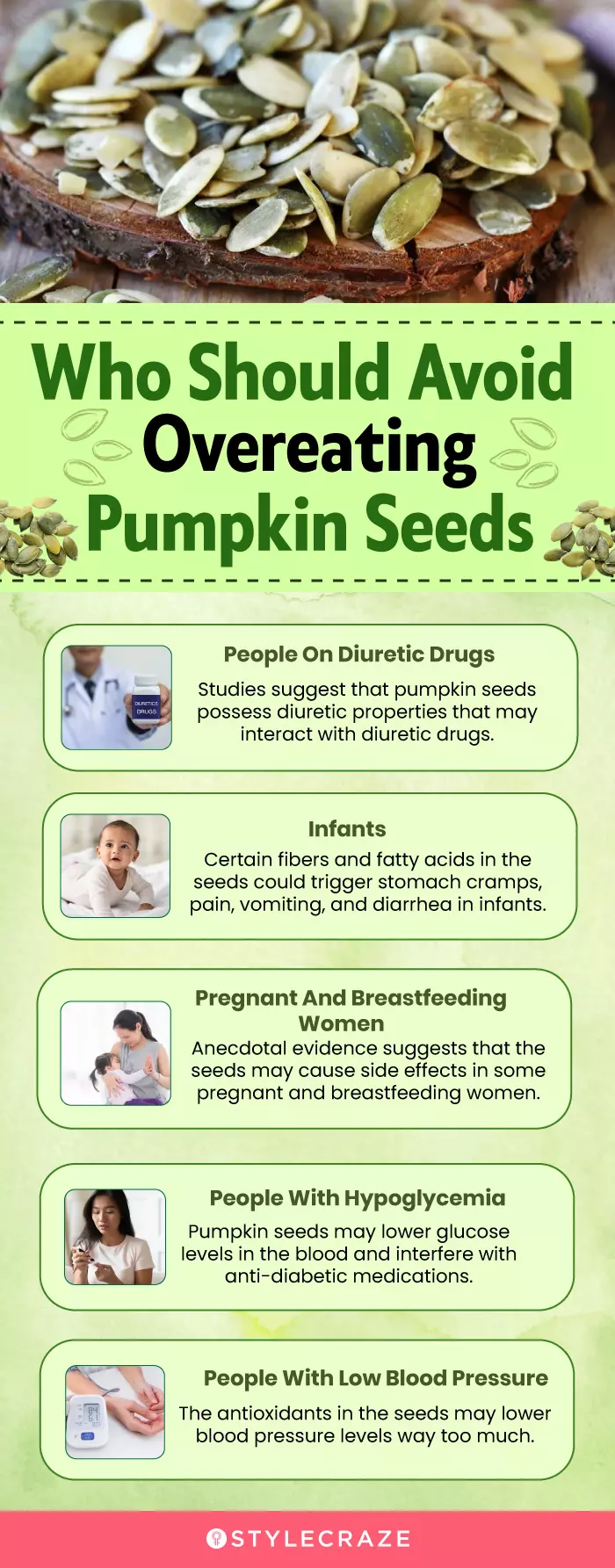
Pumpkin seeds are a tasty snack to munch on; however, too much consumption may be harmful. The side effects of pumpkin seeds include hypoglycemia and stomach pains. Infants, pregnant women, and lactating women should avoid excessive intake as the seeds may trigger gastrointestinal problems. Also, the seeds have no guidelines on the recommended daily intake. In some cases, pumpkin seeds can cause anaphylaxis allergic reactions or interfere with the functioning of certain medications. Hence, limit their intake if you experience any adverse effects.
Frequently Asked Questions
What nutrients are found in pumpkin seeds?
Pumpkin seeds contain essential nutrients like protein, fiber, magnesium, zinc, potassium, and iron, among other nutrients (3). Most of the pumpkin seed benefits you know about are due to the presence of these nutrients. However, remember that excessive consumption of these seeds may cause digestive issues and bloating.
Are pumpkin seeds good for your liver?
Elizabeth Brown, Registered Dietitian, says, “Pumpkin seeds are protective for the liver, thanks to their antioxidant scavenging potential.”
Do pumpkin seeds cause inflammation?
According to Elizabeth, “No. The high antioxidant content of pumpkin seeds and their high mineral content, which is involved in the body’s antioxidant defense system, will favor anti-inflammatory pathways.” This means that pumpkin seeds aid in reducing inflammation.
Are pumpkin seeds toxic?
Elizabeth says, “Pumpkin seeds themselves are not toxic. However, improper storage and handling can potentially increase toxic substances, such as mycotoxins or aflatoxins, metabolites /byproducts of fungal attacks.”
She adds, “Unroasted/raw pumpkin seeds are also more susceptible to E. coli and salmonella, potentially causing symptoms of food-borne illness, such as nausea, vomiting, and diarrhea. Therefore, buying organic when buying raw pumpkin seeds or choosing roasted if buying conventionally grown seeds is recommended.”
Are pumpkin seeds hard to digest?
Jesse Feder, Clinical Dietitian with the Memorial Regional Hospital South, says, “Pumpkin seeds may be slightly hard to digest due to their fiber content, but this fiber is healthy and has a ton of health benefits!”
How many pumpkin seeds is too much?
The Dietary Guidelines for Americans 2020-2025 recommend having 5 ounces of pumpkin seeds per week as part of a healthy diet. Overindulging beyond this amount may be harmful.
Is it OK to eat pumpkin seeds every day?
Yes, consuming pumpkin seeds in moderation is beneficial to your health. The American Heart Association advises one ounce (about a quarter cup or around 28 to 30 grams) of pumpkin seeds every day.
Elizabeth says, “You can absolutely eat pumpkin seeds daily. Of all nuts and seeds, pumpkin seeds are the richest in minerals, such as iron, zinc, and magnesium. For their high mineral content alone, it is worth incorporating pumpkin seeds into your daily diet.”
She adds, “Pumpkin seeds are rich in protein, fiber, iron, zinc, calcium, manganese, magnesium, potassium, copper, phosphorus, PUFAs (polyunsaturated fatty acids), tocopherols, and carotenoids.”
Does eating pumpkin seeds cause hair loss?
No, pumpkin seeds and their oil stimulates hair growth.
Are pumpkin seeds good for kidney patients?
Yes. Pumpkin seeds are high in antioxidants, which protect the kidneys from injury and prevent the accumulation of uric acid, avoiding the production of kidney stones.
Are pumpkin seeds a blood thinner?
Pumpkin seeds contain certain sugars that have anticoagulant properties. Hence, it may act as a blood thinner or may interfere with medications like warfarin.
Can you eat pumpkin seeds on an empty stomach?
Yes, consuming pumpkin seeds with lukewarm water on an empty stomach may help in detoxifying the body.
Are pumpkin seeds good for your liver?
Pumpkin seeds are good for your liver because of their antioxidant properties. They may help alleviate oxidative stress and liver damage (2).
Is it better to eat pumpkin seeds raw or roasted?
Though both ways offer health benefits, eating raw seeds is better as roasting may destroy certain nutrients in the seeds.
Do pumpkin seeds help the immune system?
The zinc, phosphorus, magnesium, potassium, and selenium in pumpkin seeds help improve the immune system (4).
Are pumpkin seeds good for the heart?
Using pumpkin seeds may help lower the cholesterol and LDL levels and increase HDL levels. Therefore, the seeds may help prevent cardiovascular disease (4).
Are pumpkin seeds high in oxalates?
No, pumpkin seeds are low in oxalates. Hundred grams of the seeds may contain just about 0.02 to 0.10 mg of oxalates (5).
Eating pumpkins seeds is not advisable for individuals with certain health conditions. Find out more about their side effects in the video below.
References
Articles on StyleCraze are backed by verified information from peer-reviewed and academic research papers, reputed organizations, research institutions, and medical associations to ensure accuracy and relevance. Read our editorial policy to learn more.
- Anaphylaxis after consumption of pumpkin seeds in a 2-y-old child tolerant to its pulp: A case study
https://www.sciencedirect.com/science/article/pii/S0899900721001349?via%3Dihub - Pumpkin seed oil alleviates oxidative stress and liver damage induced by sodium nitrate in adult rats: biochemical and histological approach
https://www.ncbi.nlm.nih.gov/pmc/articles/PMC7750078/ - Pumpkin seeds, unsalted
https://fdc.nal.usda.gov/fdc-app.html#/food-details/1100603/nutrients - Nutritional Value, Phytochemical Potential, and Therapeutic Benefits of Pumpkin (Cucurbita sp.)
https://www.ncbi.nlm.nih.gov/pmc/articles/PMC9182978/ - Proximate, Mineral and Anti-nutrient Composition of Pumpkin (Cucurbitapepo L) Seeds Extract
http://article.sapub.org/10.5923.j.plant.20120205.02.html
Read full bio of Shivani Sikri
- Jesse Feder, RDN/LDN, is a Clinical Dietitian at the Memorial Regional Hospital. He is also a certified by the American College of Sports Medicine as a personal trainer (ACSM-CPT) and the National Strength and Conditioning Association as a Certified Strength and Conditioning Specialist (NSCA-CSCS).
 Jesse Feder, RDN/LDN, is a Clinical Dietitian at the Memorial Regional Hospital. He is also a certified by the American College of Sports Medicine as a personal trainer (ACSM-CPT) and the National Strength and Conditioning Association as a Certified Strength and Conditioning Specialist (NSCA-CSCS).
Jesse Feder, RDN/LDN, is a Clinical Dietitian at the Memorial Regional Hospital. He is also a certified by the American College of Sports Medicine as a personal trainer (ACSM-CPT) and the National Strength and Conditioning Association as a Certified Strength and Conditioning Specialist (NSCA-CSCS). - Elizabeth Brown, MS, RDN, CPT, is an LA-based registered dietitian nutritionist, certified holistic chef, and personal trainer with over 30 years of experience. She did her undergraduation at Pennsylvania State University and finished grad school at Marywood University.
 Elizabeth Brown, MS, RDN, CPT, is an LA-based registered dietitian nutritionist, certified holistic chef, and personal trainer with over 30 years of experience. She did her undergraduation at Pennsylvania State University and finished grad school at Marywood University.
Elizabeth Brown, MS, RDN, CPT, is an LA-based registered dietitian nutritionist, certified holistic chef, and personal trainer with over 30 years of experience. She did her undergraduation at Pennsylvania State University and finished grad school at Marywood University.
Read full bio of Tanya Choudhary
Read full bio of Ravi Teja Tadimalla
Read full bio of Moksha Gandhi






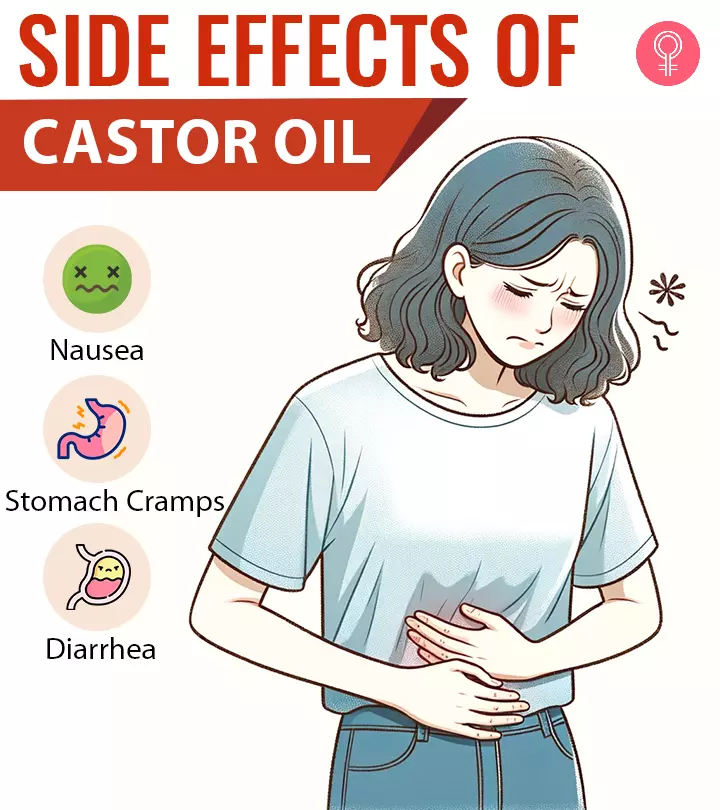
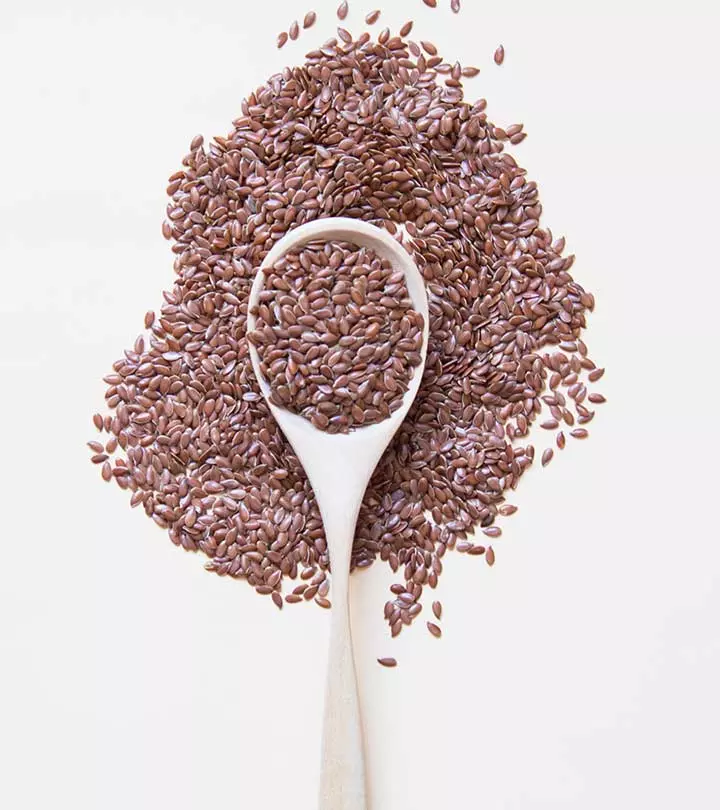
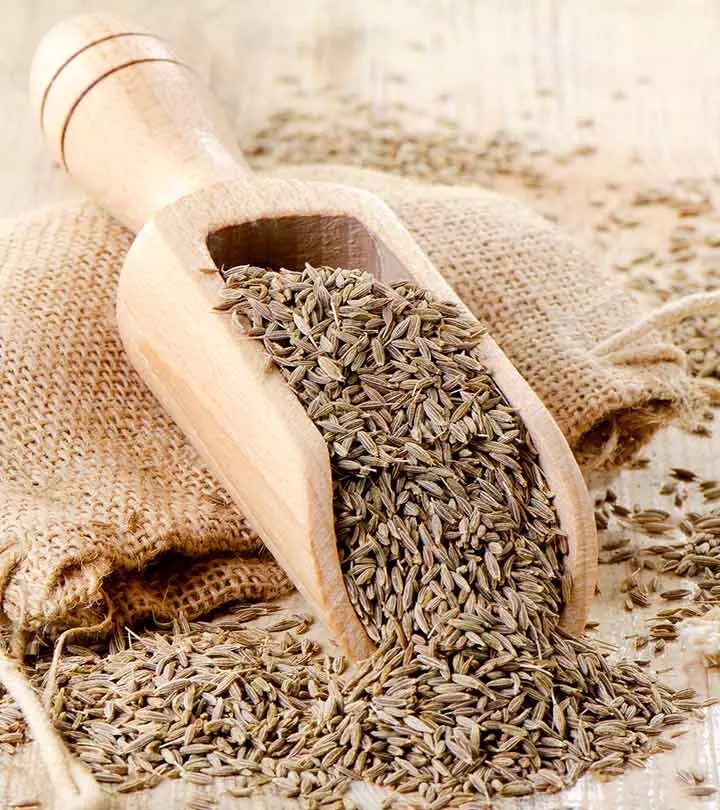
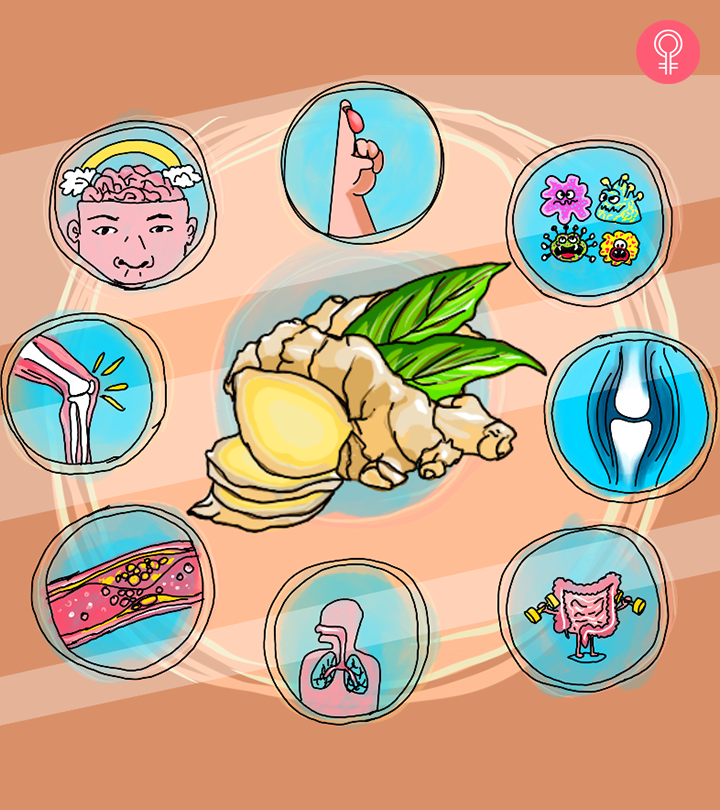
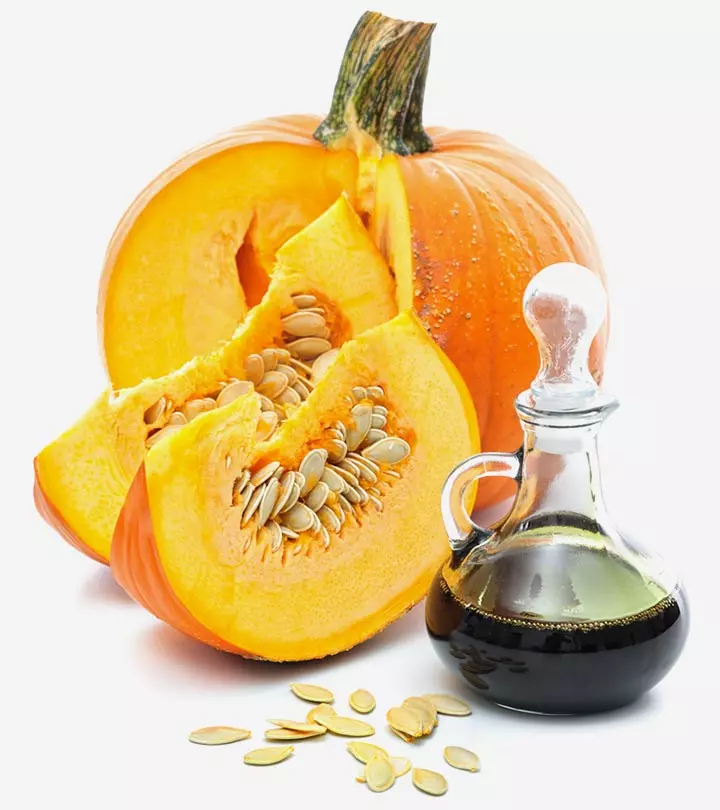
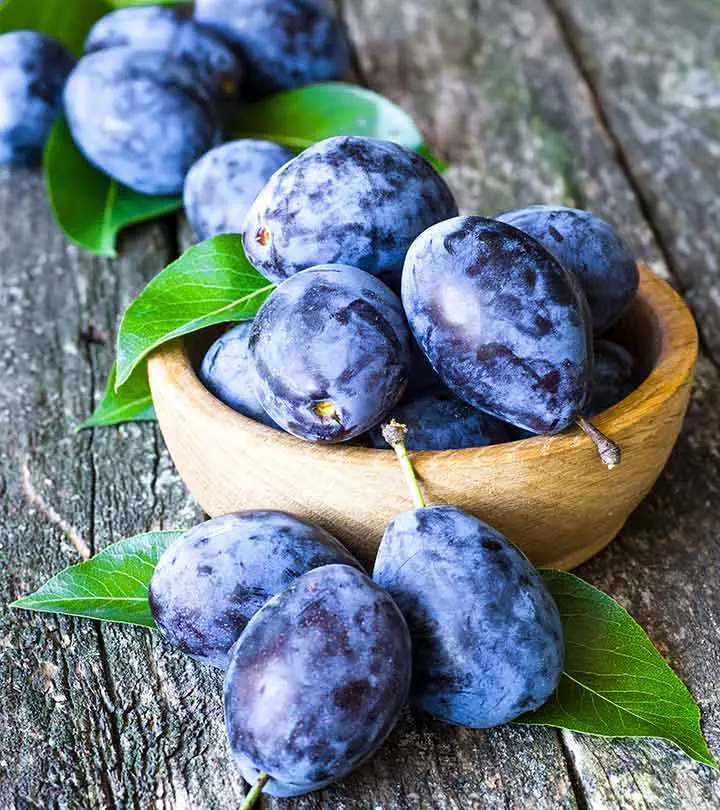
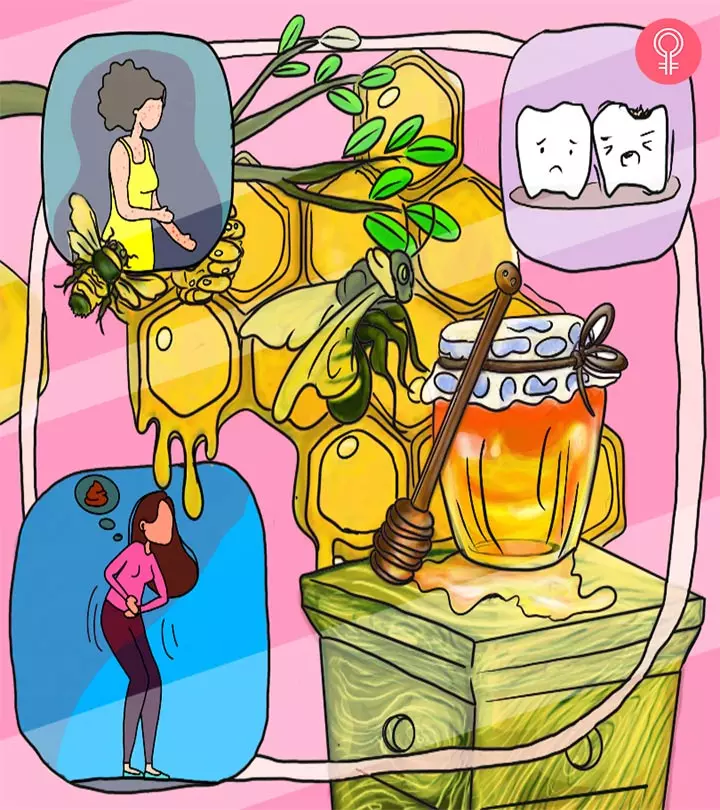
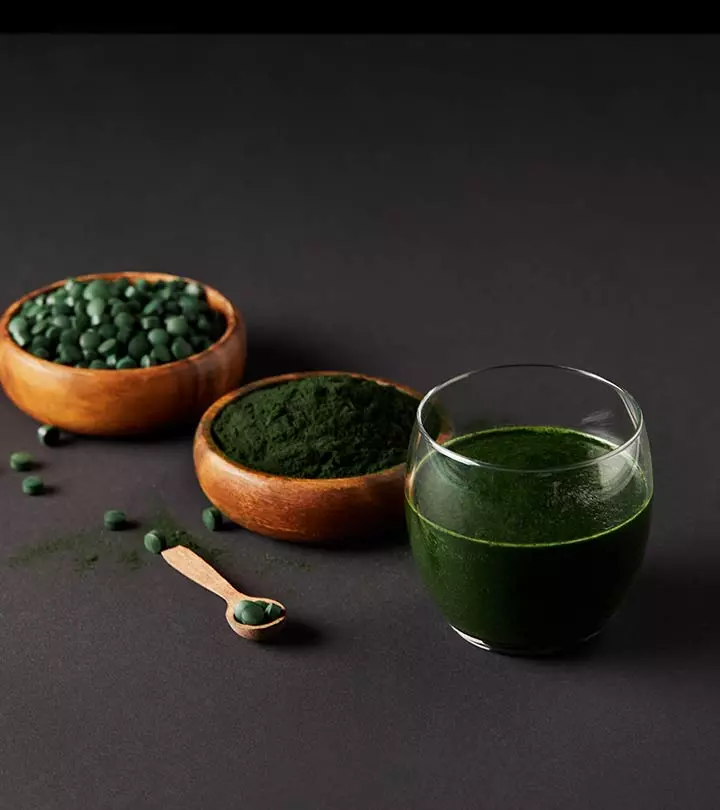
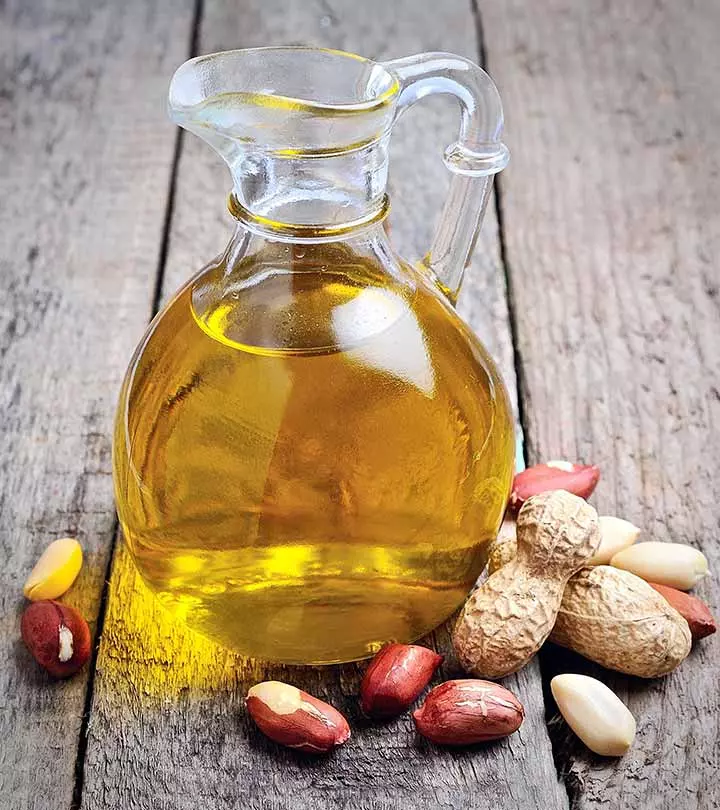
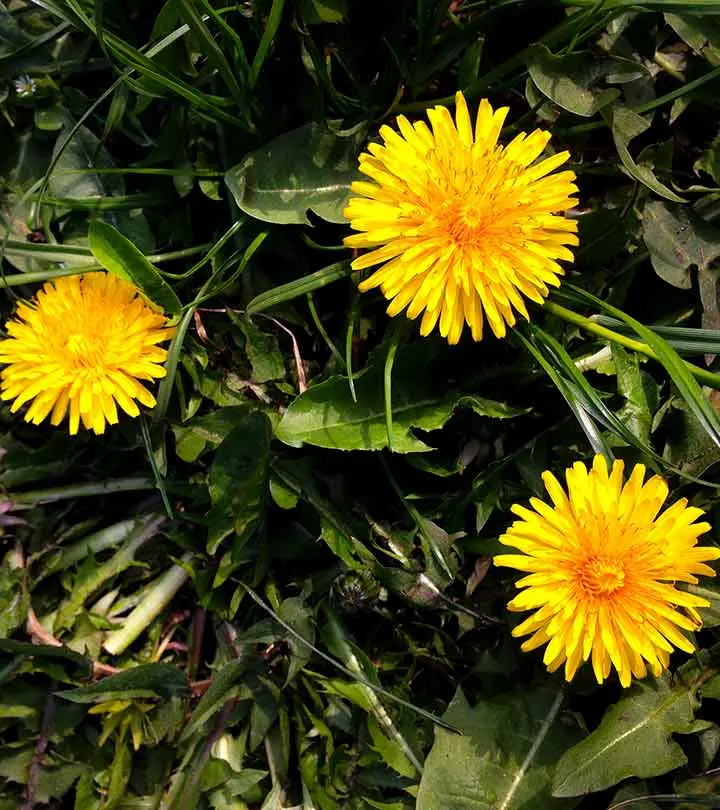
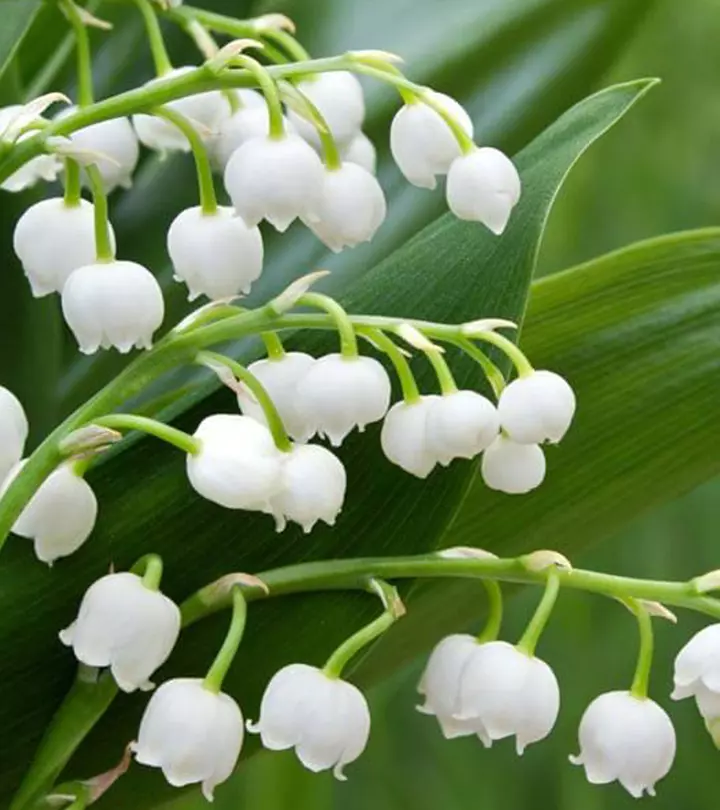
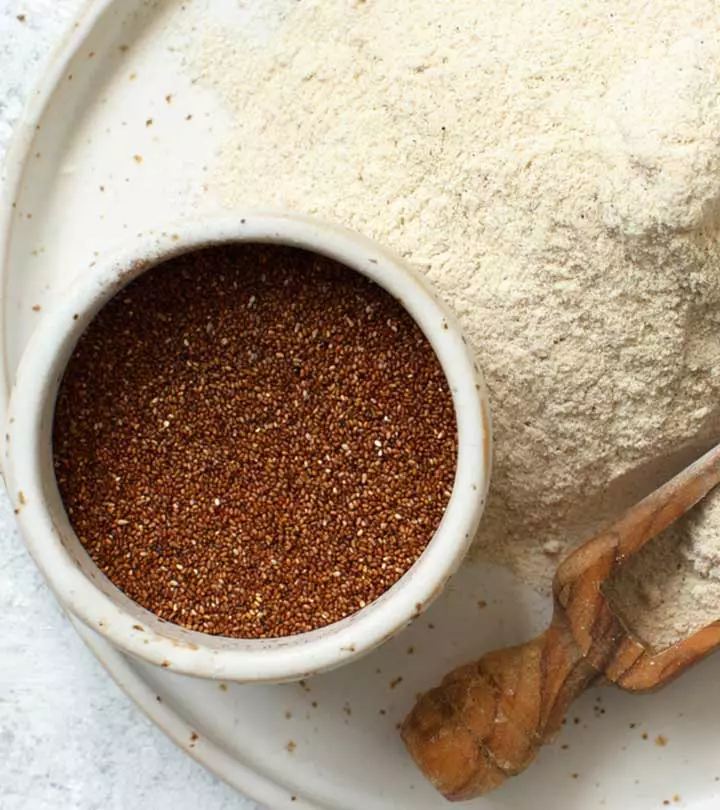
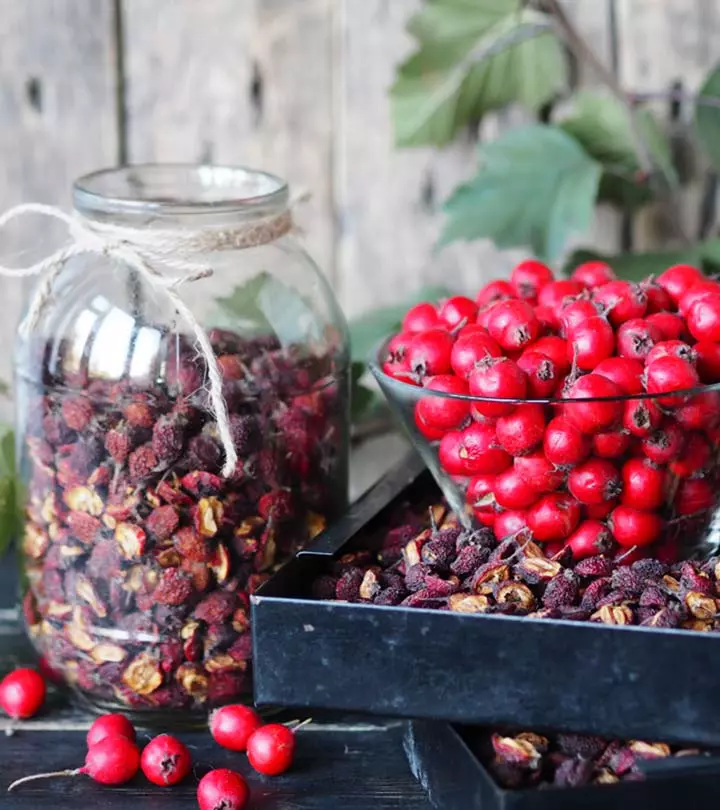
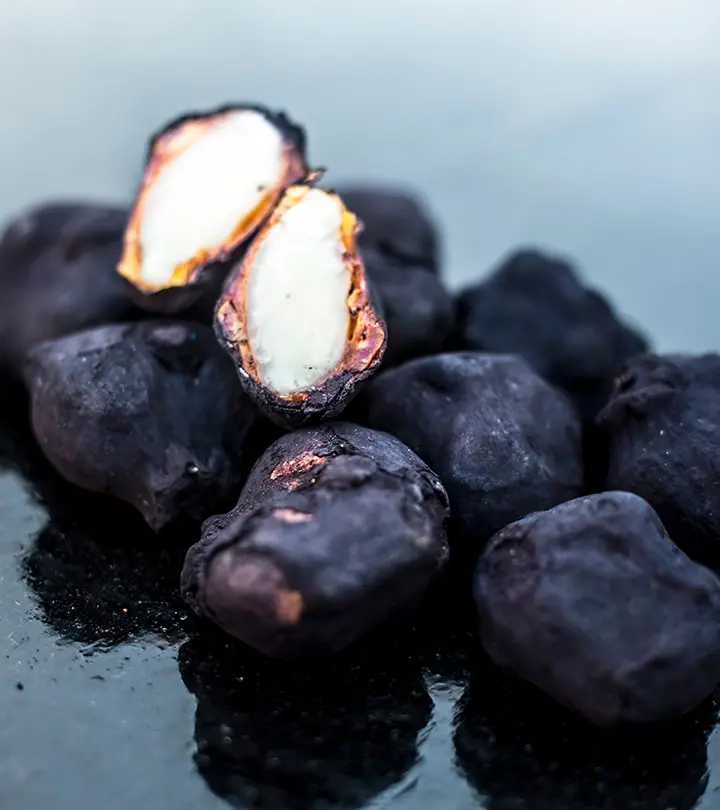
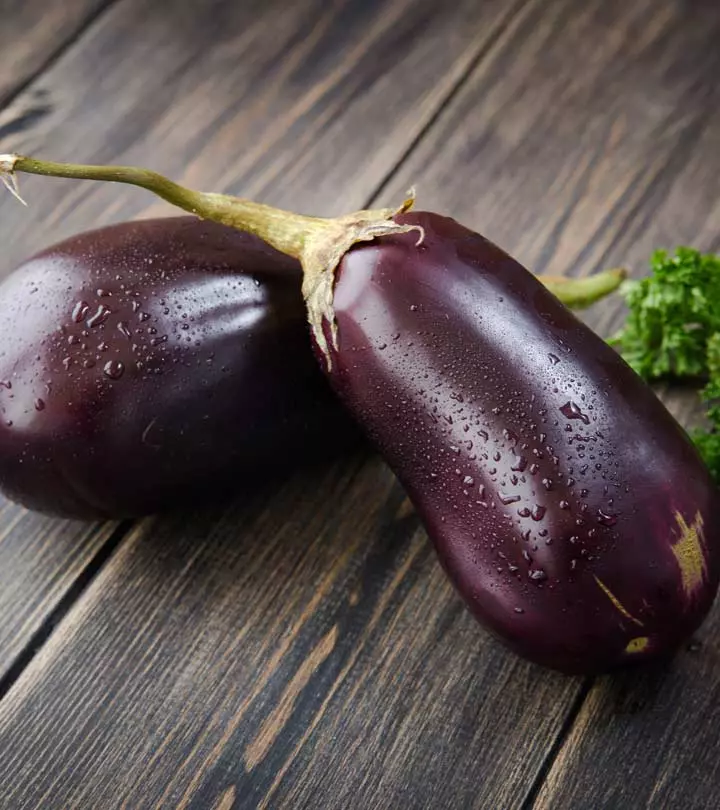
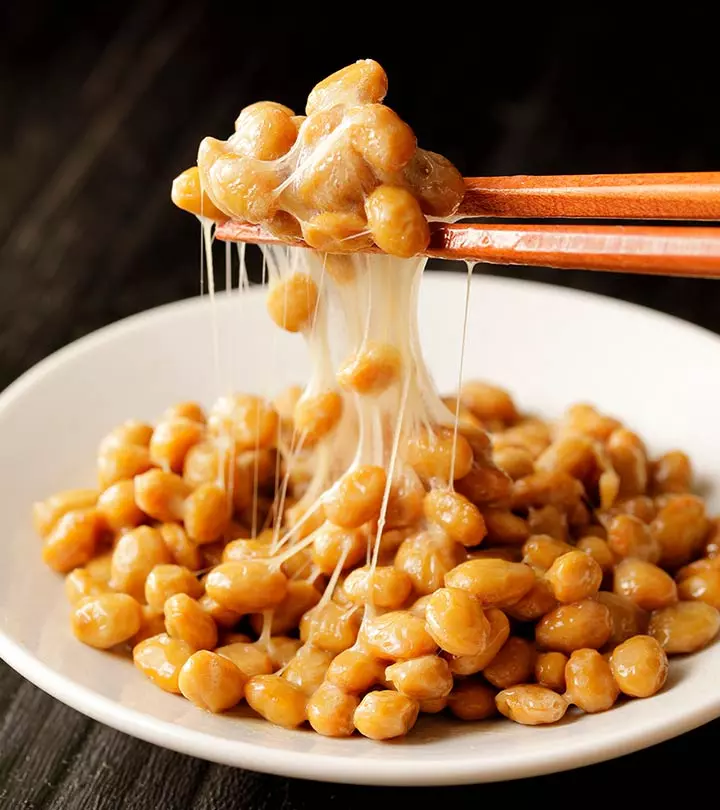
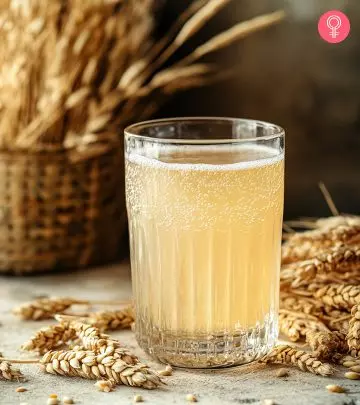
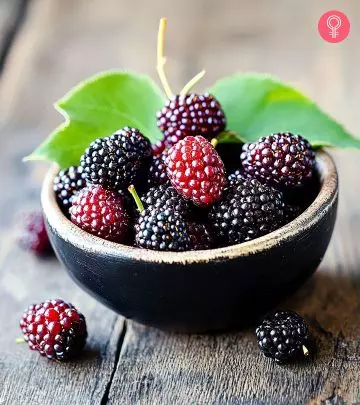
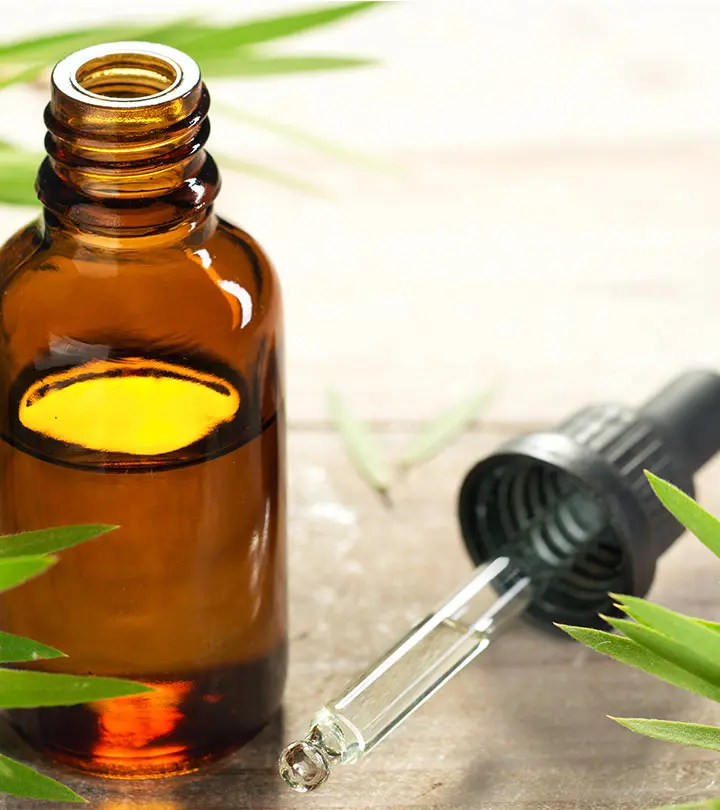
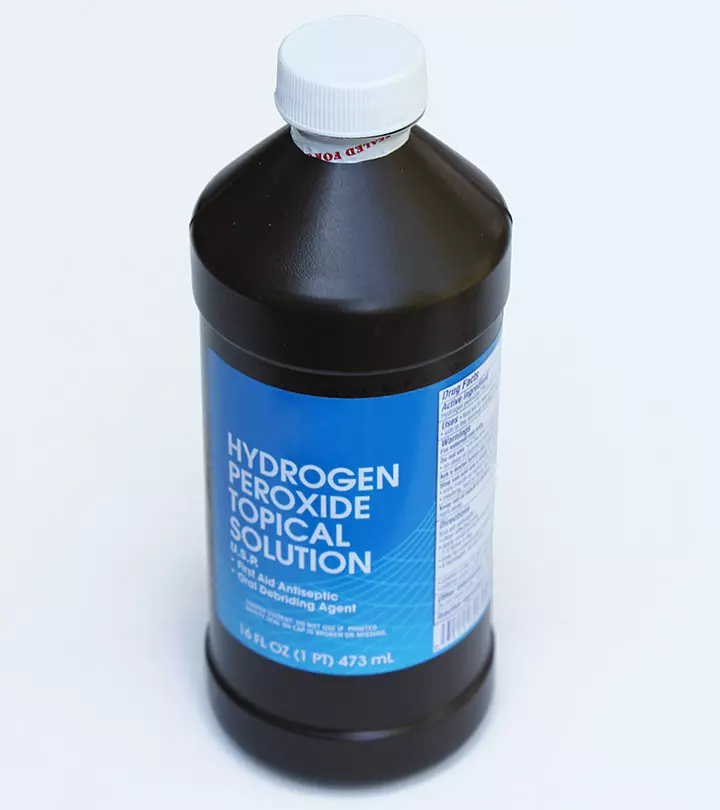
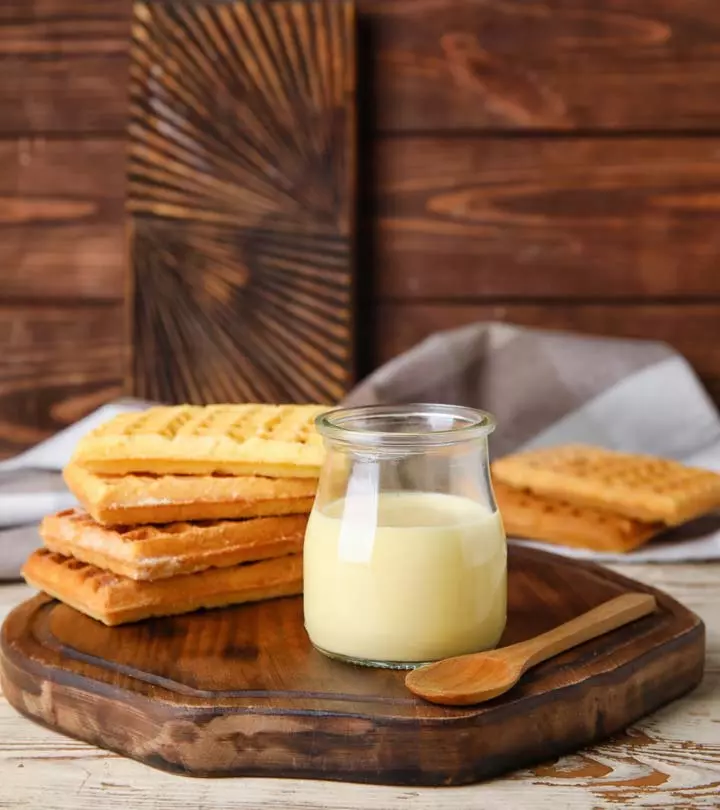
Community Experiences
Join the conversation and become a part of our empowering community! Share your stories, experiences, and insights to connect with other beauty, lifestyle, and health enthusiasts.